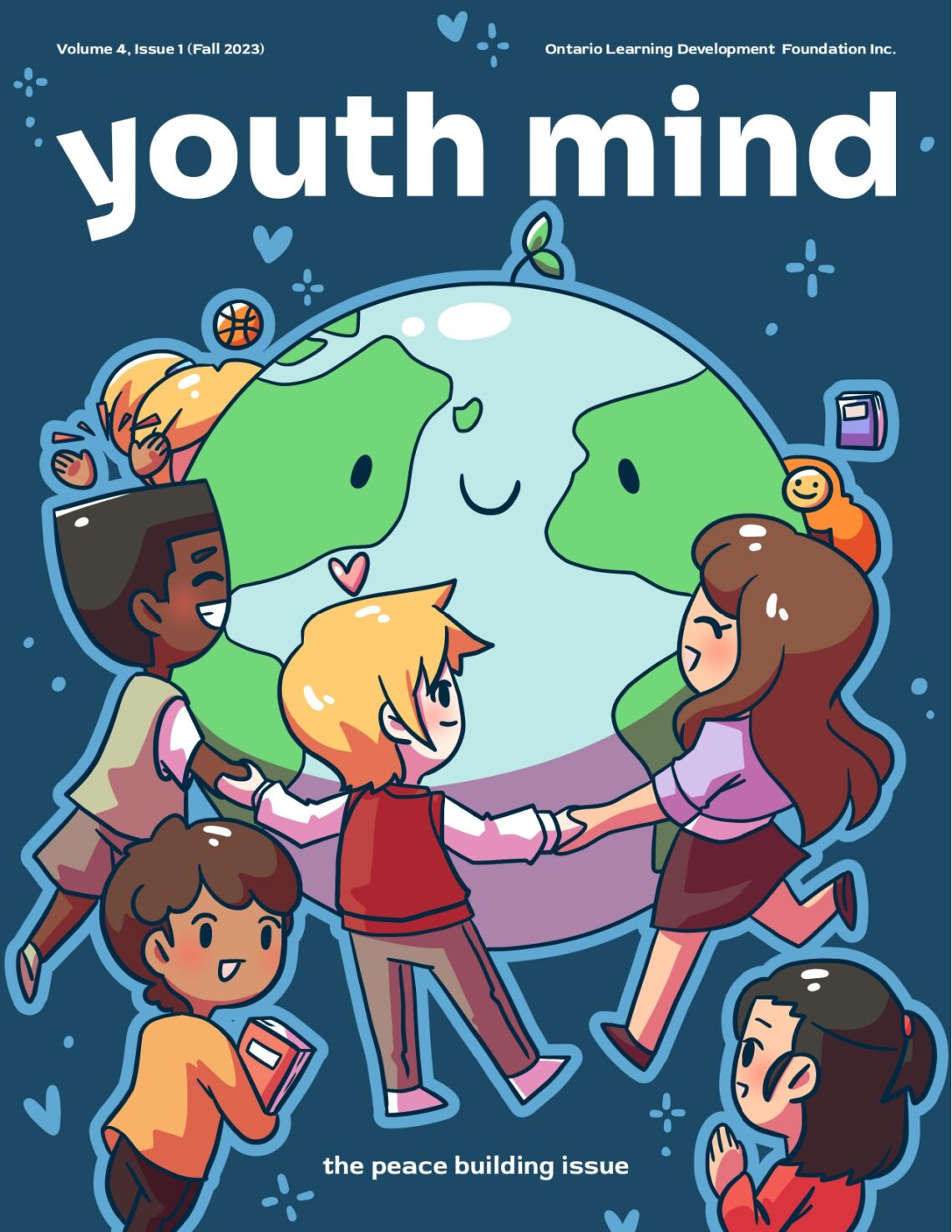
Adulting 101: Rethinking How We Prepare Youth for the World
Dr. Kristina Llewellyn and I laughed as we both admitted we had never changed a tire. “If that helps,” she said with a smile in her voice, “I consider myself very much a capable and responsible adult, but I’ve never changed a tire.”
The historian and professor at McMaster University’s Wilson College doesn’t downplay the importance of modern home economics. Rather, she explained to me how the notion of adulthood can’t really be defined by a definitive checklist of life skills.
In 2023, the University of Waterloo introduced an online course called Adulting 101, aimed at supporting students who may be unfamiliar with tasks like cooking, budgeting or doing laundry. It sparked renewed debate around a perceived decline in “adult literacy” among young people.
But to Llewellyn, the solution isn’t as clear-cut as reintroducing home economics or mandating tire-changing tutorials. “I would really push back against the idea that there are these finite applicable skills we can teach to be an adult,” she said. “It’s more about opportunities — opportunities for young people to work alongside adults in their communities and participate meaningfully in public life.”
As higher education became more accessible following World War II, more young people began attending and graduating school. This meant they were spending most of their time in settings largely composed of other young people, solidifying a youth culture increasingly separate from adults. This led to fewer opportunities to gain the kind of experiential, civic learning that fosters real-world competence.
“It’s a bit of a paradox,” Llewellyn explained. “We’ve created peer cultures that are very distinct from adult ones, and then we act surprised when young people don’t feel prepared.”
When it comes to the discussion about youth missing adulting skills, it’s not necessarily about what they lack — it’s about what they haven’t been offered.
That isn’t to say resources like Adulting 101 aren’t helpful or needed. While it’s important not to generalize the struggles of some youth as representative of all young people, “some people very much are [struggling] and need those supports,” Llewellyn expressed. “Education is one of the primary ways in which we can provide that.”
Amid the economic uncertainty, climate anxiety and social isolation exacerbated by the COVID-19 pandemic, wraparound supports — particularly mental health care, mentorship and community involvement — are key.
Education plays a central role in delivering these supports, but it must be reimagined to meet the diverse and evolving needs of young people. This includes increasing funding for post-secondary institutions, allowing them to provide robust and responsive support services from counselling to newcomer assistance for international students and other tailored accommodations that ease the transition into adulthood.
While practical life skills like financial literacy and auto mechanics remain important, they must be part of a broader, more holistic framework — one that recognizes that adulthood isn’t a checklist, but a collective effort.
About the author

Ruth Moon Lopez






